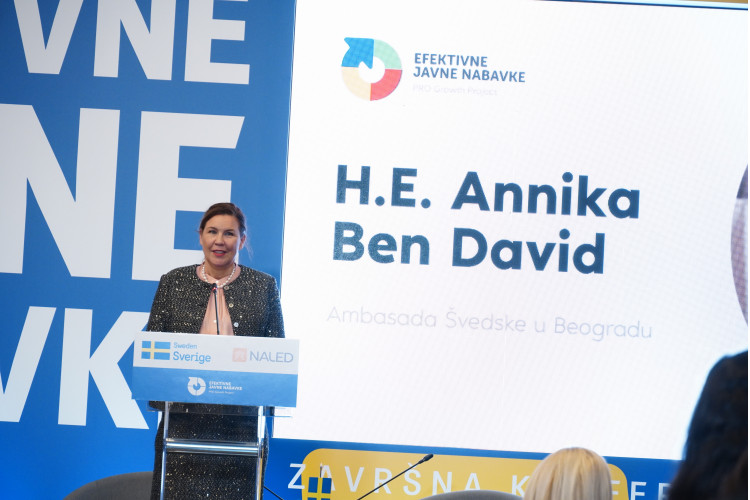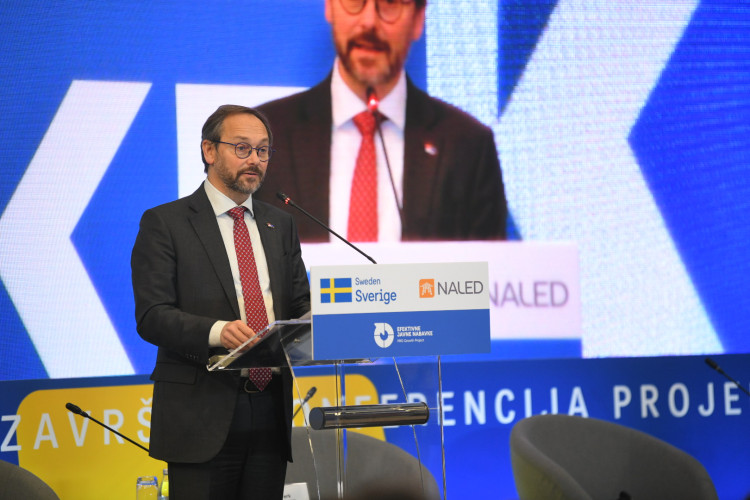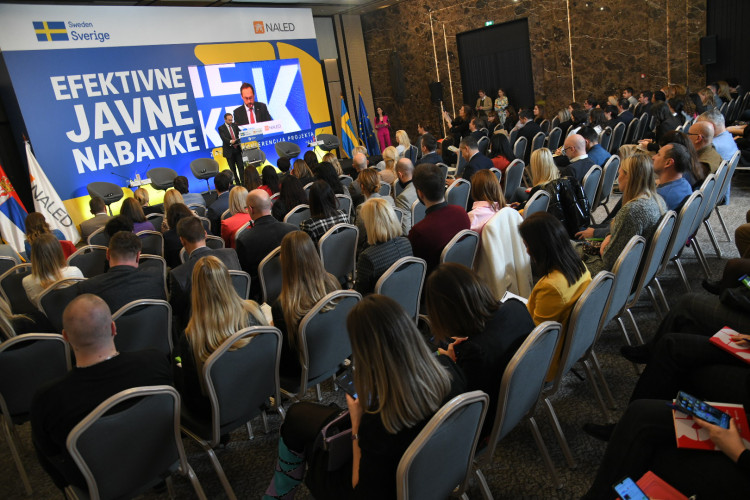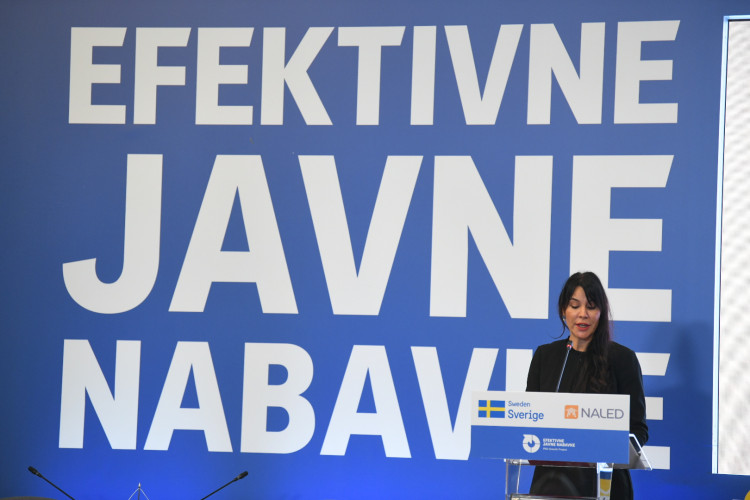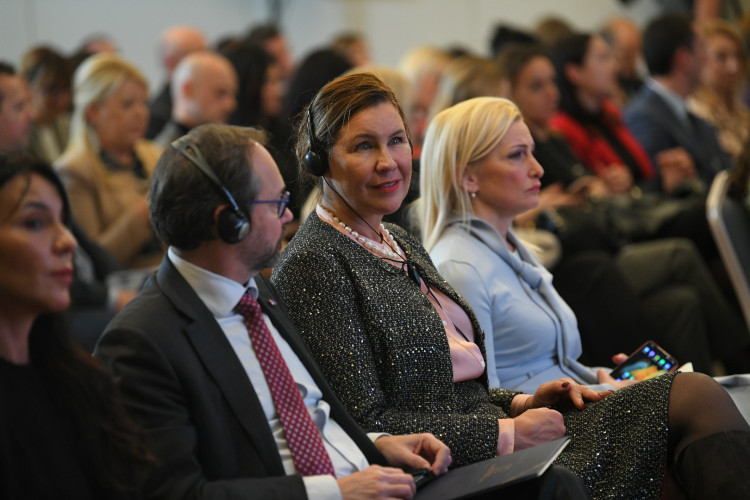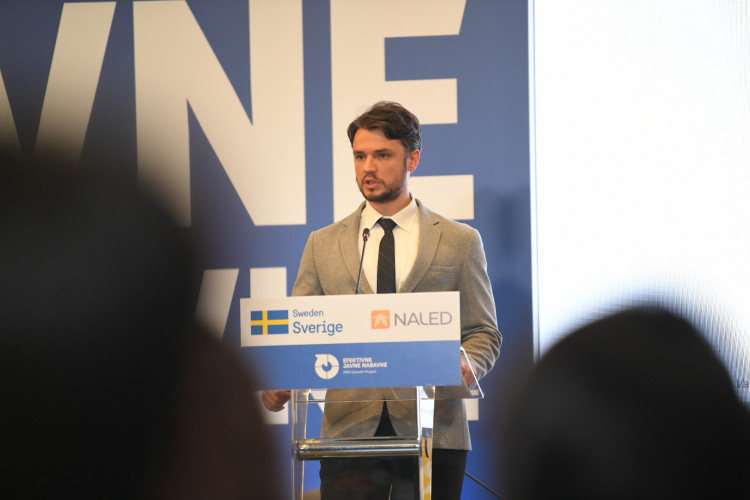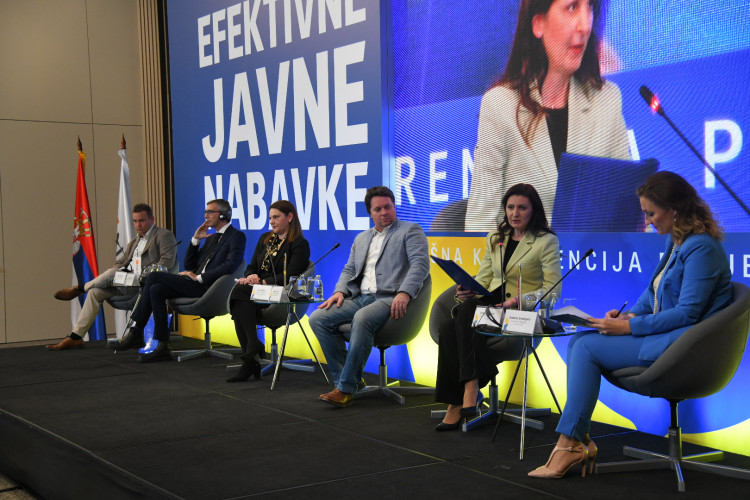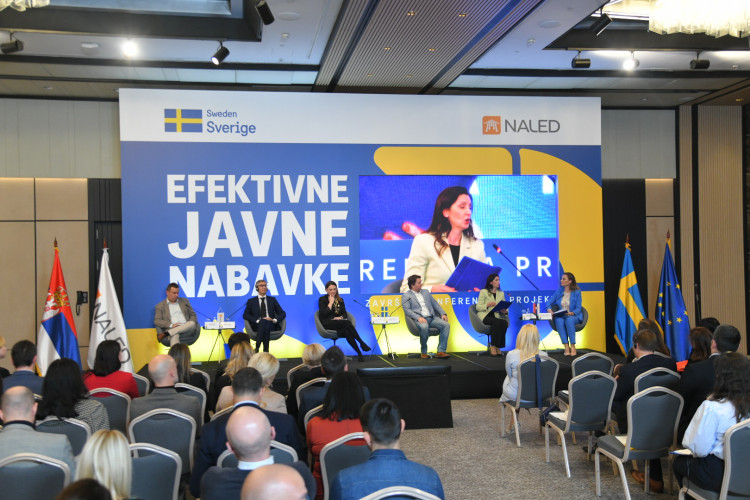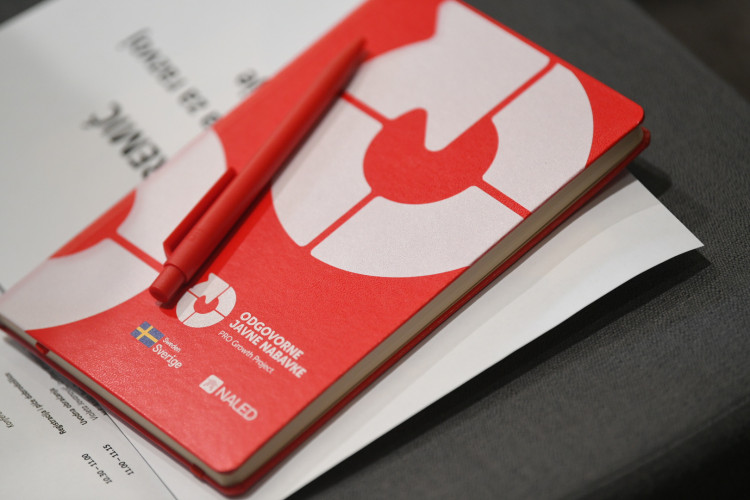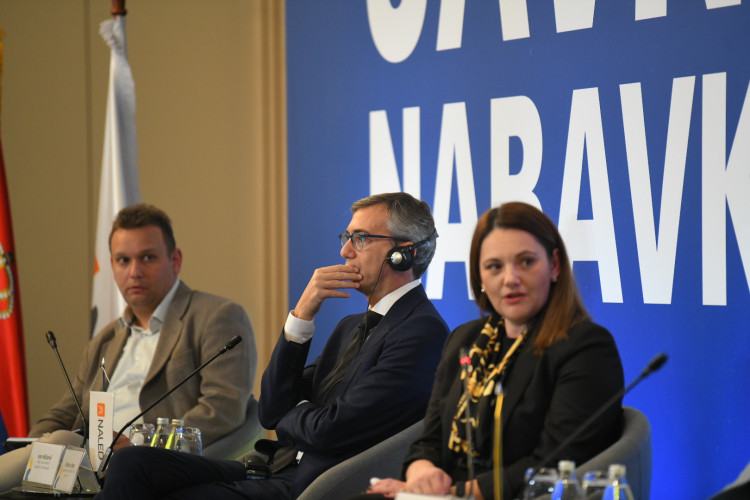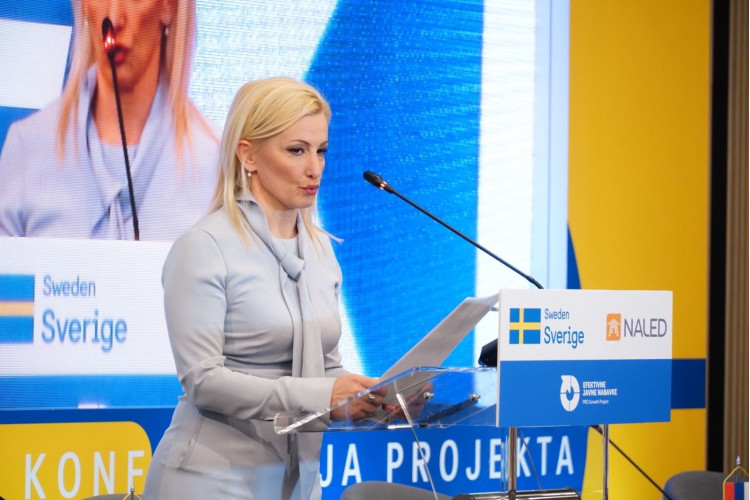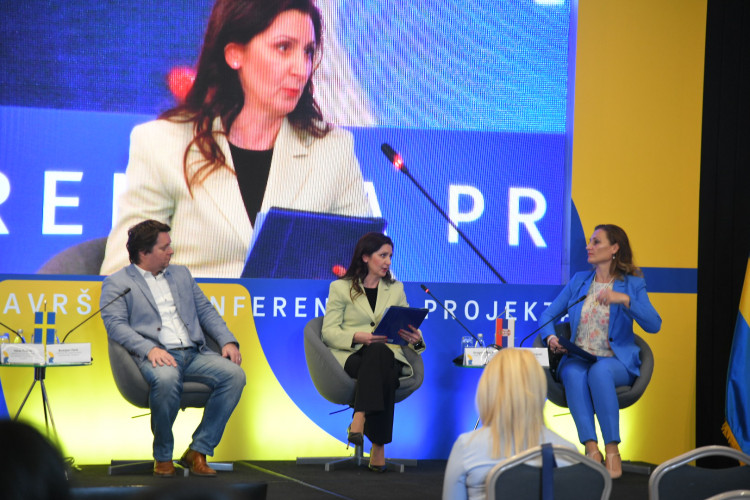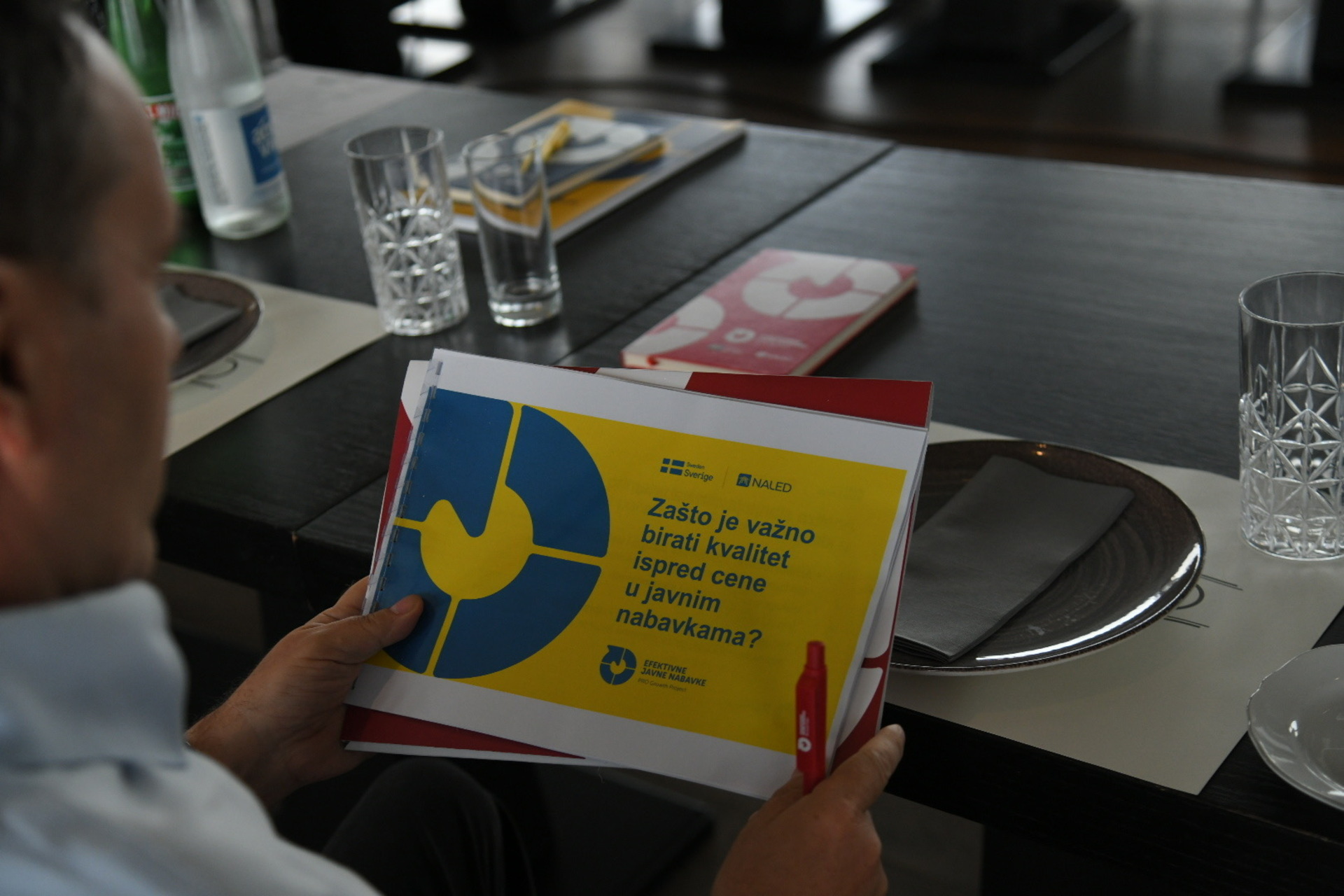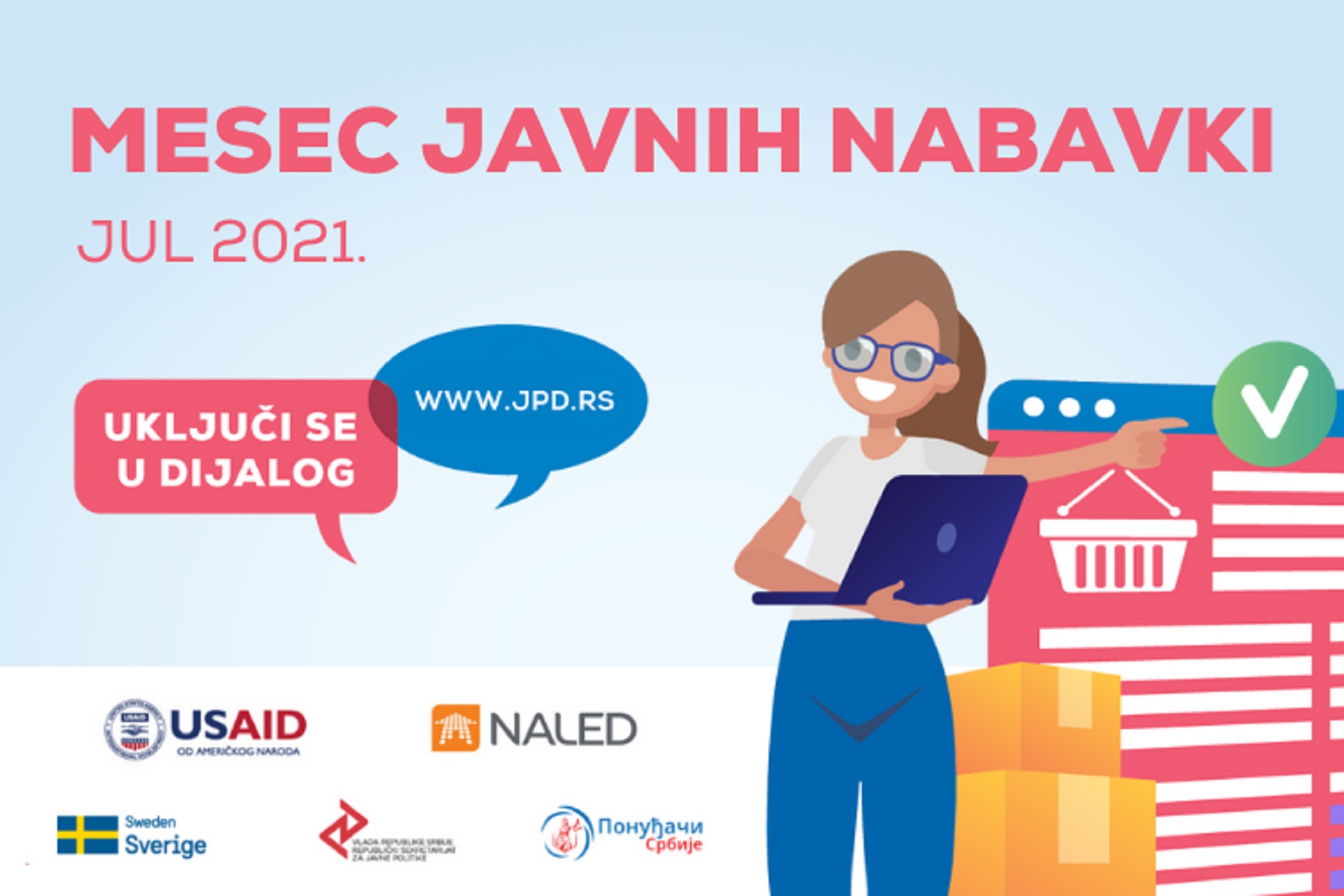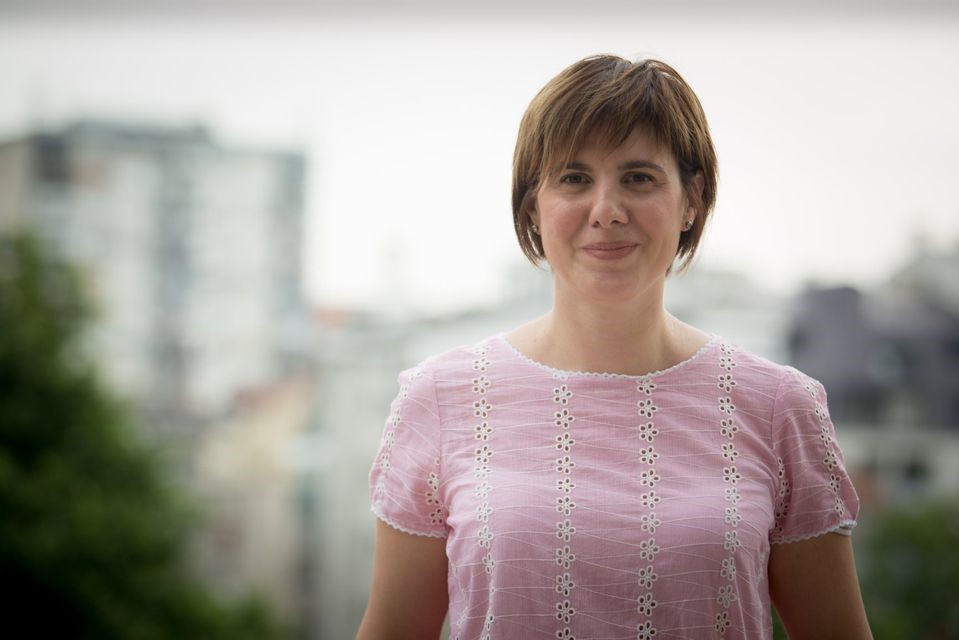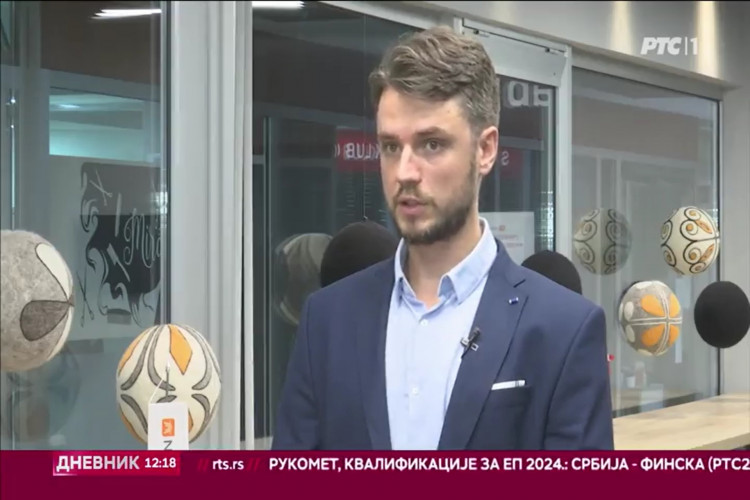Citizens prefer quality over price, while purchasers go for cheapest options in in 95% procurements
Healthcare is a priority area in which Serbian citizens would invest the most money through public procurement, followed by education, infrastructure and environment protection. Also, as many as 69% of citizens believe that priority should be given to quality, not price, in public procurement, according to NALED’s this year's citizens’, bidders’ and purchasers’ opinions survey.
However, official data show that last year a record 560 billion dinars were spent on public procurement in Serbia, but in as many as 95% of procurements, purchasers selected the cheapest options rather than the best quality ones. In addition, although they could have required the bidders to fulfill environmental or social criteria, the contracting authorities implemented only 650 green procurements and 86 social ones, which is still very little compared to 183,000 realized tenders.
Both bidders and contracting authorities agree that the reasons for lower use of other criteria are that such procurements are more risky, they do not have a model for developing the criteria or they are not sufficiently trained for their application. That is why improving the knowledge of bidders and clients was the focus of the project "Effective public procurement in the service of economic growth", implemented by NALED, in cooperation with the Swedish Agency for International Development Cooperation Sida, in order to support the reform of the procurement system that started three years ago with the adoption of a new of the law.
- The new law and the introduction of the electronic procedure through the portal have evidently changed the public procurement system for the better, as confirmed by 64% of bidders and even 91% of purchasers in the NALED survey. However, the issues of transparency of procedures and tendency of corruption, as well as low competition, with an average of 2.5 offers per tender, are still big challenges – said NALED Executive Director Violeta Jovanović, at the final conference of the project.
The Head of the European Union Delegation in Serbia, Emanuele Giaufret, pointed out that the legal and institutional frameworks of Serbia in the field of public procurement are largely harmonized with the legal acquis of the EU.
- Thus, Serbia is generally moderately prepared in the field of public procurement, but there hasn’t been any progress in the last annual report of the European Commission and Serbia is in the risk of regression, in case the worrying trends continue. Exemptions from the application of the law on public procurement and a large number of irregularities in the contracts audited by the State Audit Institution stand as a concert. Serbia should abolish the law on special procedures for linear infrastructure projects, and ensure that interstate agreements concluded with third countries do not unjustifiably limit competition and respect the basic principles of public procurement, in accordance with national legislation and the acquis of the EU. In terms of public procurement, Serbia needs to turn the ship in the right direction - said Giaufret.
The project involved more than 70 trainings, attended by approximately 1,500 representatives of bidders, contracting authorities, judges and prosecutors, the Office for Public Procurement and the Republic Commission for the Protection of Rights, as well as civil society organizations and the media. More than 600 bidders have undergone training for the use of the Public Procurement Portal, and the project also developed a guide for the application of quality criteria in the procurement of architectural, programming and consulting services, as well as guides for the application of green criteria in the procurement of construction of public buildings, ecological vehicles for public transport, street and roads paving, installing public lighting and providing office supplies. Some of them got acquainted with the best practices in the European Union as part of study visits to Slovenia, Italy, Germany, France and Luxembourg.
- Over the past two years, the "Effective Public Procurement" project helped develop a more transparent and responsible public procurement system, and special attention was paid to the introduction of environmental criteria. A transparent, responsible and efficient public procurement system saves money and helps to establish conditions that accelerate the growth of the private sector - said Ambassador of the Kingdom of Sweden to Serbia Anika Ben David.
The project also established an e-learning platform at the address www.lppp.rs, enabling all interested parties to get information, update or acquire new knowledge about all aspects of public procurement, from regulations to the process of preparing a procedure or a bid, completely free of charge. The project also supported the improvement of the Register of Bidders in the APR. Starting from next year, the registration procedure in the register will be completely electronic and bidders will no longer have to obtain and submit data that the authorities already have, and their participation in procurement will be facilitated.
The director of the Office for Public Procurement, Sandra Damčević, pointed out that this institution will continue working on the improvement of the public procurement system. "The focus in the coming period will be on encouraging competition, strengthening the capacity of bidders, with a special emphasis on small and medium-sized enterprises and empowering contracting authorities to apply green and social criteria," said Damčević.

